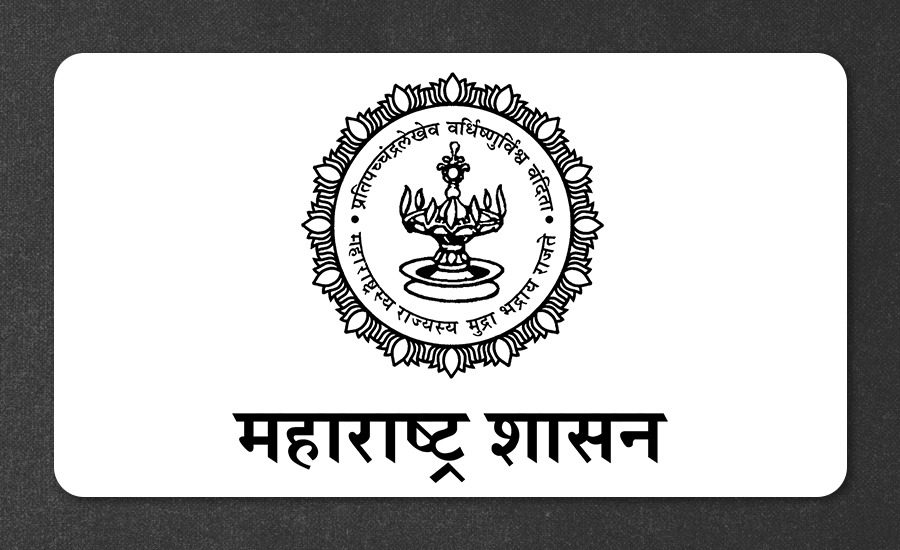Mumbai: In a sweeping administrative reform, Maharashtra Chief Minister Devendra Fadnavis has directed that only IAS officers will be appointed as commissioners across the state’s 29 municipal corporations, aiming to restore accountability and reduce political meddling in civic administration.
The decision, soon to be formalized by the Urban Development Department (UDD), follows a wave of corruption cases involving senior civic officials in smaller corporations, particularly in the Mumbai Metropolitan Region.
Corruption and Political Control Spark Policy Shift
Recent controversies have intensified calls for stronger, independent leadership in civic bodies:
- In Mira-Bhayander, commissioner Dilip Dhole, a personal secretary to former CM Eknath Shinde, faced an ED probe for money laundering.
- In Vasai-Virar, ex-commissioner Anil Pawar, also from the state services, was arrested by the Enforcement Directorate on corruption charges.
- Kailash Jadhav, Nashik’s municipal commissioner, promoted from the state cadre to IAS, has been accused of irregularities in recent dealings.
State officials say that local political leaders prefer non-IAS or CO cadre officers in these roles due to their greater influence over them—often resulting in compromised governance.
DoPT Guidelines Ignored for Years
Though the Department of Personnel and Training (DoPT) had designated 14 key municipal corporations—including Mumbai, Pune, Thane, Nagpur, and Kolhapur—to be led exclusively by IAS officers, the rule was frequently flouted. State governments continued appointing state service or even non-cadre officers, sometimes personal aides of political leaders, to top civic posts.
“Despite central recommendations, the practice of placing politically connected officers in charge of municipal corporations continued,” a senior GAD official admitted.
Fadnavis Tightens the System
According to sources in the General Administration Department, the CM has taken a firm stance to prevent further erosion of public trust in civic governance. The revised rule will require:
- Mandatory IAS appointments in all Class A and B corporations.
- In smaller cities like Ahilyanagar, Akola, and Bhiwandi-Nizampur, the state will strive to appoint IAS officers “wherever possible,” despite limited availability in the cadre.
A proposal is now being drafted by the UDD and is expected to receive clearance in the coming weeks.
Support for IAS-Only Policy
The move has received backing from former civic representatives like Sanjay Pange, ex-BJP corporator from MBMC, who has long advocated for this reform.
“The earlier system allowed political interference to thrive. Many of the officers heading corporations weren’t even from the CO cadre. Corruption was rampant. Appointing IAS officers will bring professionalism and autonomy to civic administration,” Pange said.
The Road Ahead
While the initiative promises cleaner governance, it also poses logistical challenges. Maharashtra faces a shortfall of IAS officers, and fully implementing this policy across 29 corporations may take time.
Still, the decision marks a clear intent to professionalize urban governance, reduce political influence, and align with national administrative standards. If successful, it could become a model for other states grappling with similar issues.




























